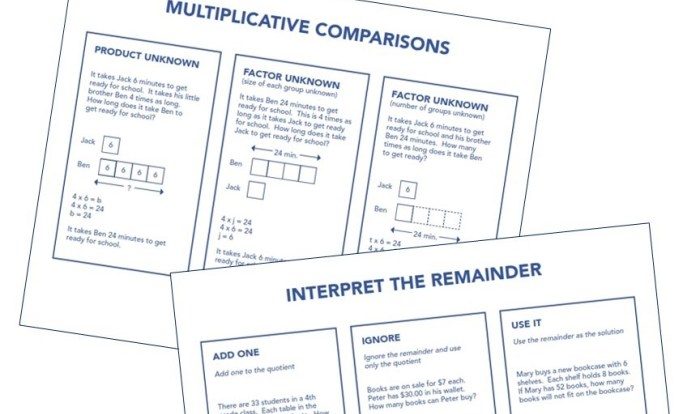Grade that requires a retest crossword – Grade That Requires a Retest, a concept that intertwines assessment, equity, and pedagogical practices, presents a multifaceted tapestry of considerations. This comprehensive exploration delves into the intricate world of retesting, unraveling its definitions, types, grading implications, and ethical dimensions.
Retests, a crucial component of the educational landscape, serve as opportunities for students to demonstrate their understanding and progress. They offer a chance to revisit concepts, reinforce learning, and improve academic performance. However, the complexities surrounding retests extend beyond their primary purpose, encompassing a wide range of factors that shape their effectiveness and impact.
Definition of Retest
A retest is a subsequent assessment administered to students who have not initially met the required performance standards on a previous test. Retests provide opportunities for students to demonstrate improved understanding and mastery of the assessed material.
Types of Retests: Grade That Requires A Retest Crossword

There are various types of retests, each with specific characteristics:
- Immediate Retests:Conducted immediately after the initial test, allowing students to address errors and misconceptions while the material is still fresh in their minds.
- Delayed Retests:Administered after a period of time, providing students with an opportunity to review and reinforce the material.
- Cumulative Retests:Cover multiple units or concepts, assessing overall understanding and retention.
- Formative Retests:Used for diagnostic purposes, identifying areas where students need additional support.
Retests may be administered weekly, monthly, or at the end of a unit, depending on the frequency and duration of the original assessment.
Grading and Retests

Grading systems that incorporate retests typically assign a lower weight to the initial test score and a higher weight to the retest score, reflecting the student’s improved performance.
For example, a grading system may weight the initial test at 50% and the retest at 75%, providing students with an opportunity to significantly improve their overall grade.
Retests in Different Educational Settings

Retests are used in various educational settings, including:
- Elementary Schools:To provide students with additional opportunities to master foundational skills.
- Secondary Schools:To assess student understanding of complex concepts and prepare them for standardized testing.
- Higher Education:To allow students to demonstrate mastery of course material and improve their grades.
Retests play a crucial role in assessing student progress and achievement, helping educators identify areas where students need additional support and providing opportunities for students to improve their performance.
Ethical Considerations of Retests
Ethical considerations in retesting practices include:
- Bias and Fairness:Ensuring that retests are not biased against certain student groups or individuals.
- Equity:Providing all students with equal opportunities to prepare for and take retests.
- Transparency:Clearly communicating the purpose, grading criteria, and expectations for retests.
It is essential to implement retesting practices that are fair, equitable, and free from bias to ensure that all students have an opportunity to succeed.
Best Practices for Retests
Effective retest practices include:
- Clear Communication:Providing students with clear instructions, grading criteria, and timelines for retests.
- Supportive Environment:Creating a supportive learning environment where students feel comfortable asking for help and clarification.
- Targeted Feedback:Providing specific and constructive feedback on the initial test, guiding students towards improvement.
- Opportunities for Practice:Offering students opportunities to practice and reinforce the material before the retest.
By implementing these best practices, educators can ensure that retests are a valuable tool for student learning and improvement.
Quick FAQs
What is the primary purpose of retests?
Retests provide students with an opportunity to revisit concepts, reinforce learning, and demonstrate improved understanding.
How can retests impact overall grades?
Retests can positively or negatively affect overall grades depending on the grading system and the student’s performance on the retest.
What are some ethical considerations related to retesting?
Ethical concerns include potential biases, unfairness, and the need to ensure equity and fairness in retesting practices.


